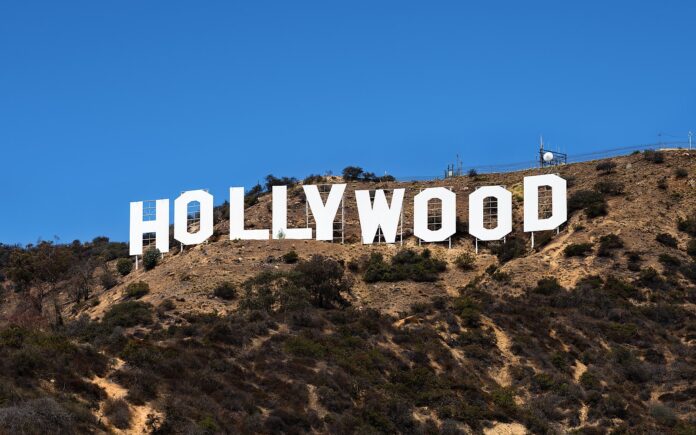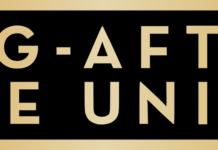After a grueling 148-day work stoppage that left the entertainment industry in turmoil, Hollywood is finally emerging from the shadows of a crippling strike. This past Tuesday (9/26/23), WGA (Writers Guild of America) announced that it will officially end its strike after reaching a tentative deal with the AMPTP (Alliance of Motion Picture and Television Producers) earlier in the week. This hard-fought agreement signals the end of one of the most prolonged strikes in the industry’s history and brings relief to writers, actors, and viewers alike. This marks a victory for the 11,500-strong membership of the WGA and a significant turning point for the entertainment industry.
The key takeaway from this breakthrough agreement is the significant gains and protections it offers to writers across the board. The three-year contract agreement includes minimum annual pay raises of 5%, 4%, and 3.5%, providing writers with the financial stability they sought. This wage increase is especially crucial in an era where streaming platforms have reshaped the entertainment landscape, creating uncertainty for industry professionals.
Transparency in viewership data has been a contentious issue, with writers demanding insight into how their work performs on streaming platforms. Under this deal, streaming services will share viewership data with the WGA under confidentiality agreements. This represents a substantial victory for writers, who have long felt that streaming platforms have kept them in the dark regarding their work’s performance.
Residual payments have also seen significant improvements. Writers will now receive a 50% bonus residual payment if a show or film garners substantial viewership within the first 90 days of release, giving them a more significant stake in the success of their projects.
While the strike lasted an excruciatingly long time, it was a necessary battle to secure better working conditions and protections for writers in the rapidly evolving entertainment landscape. WGA West President Meredith Stiehm noted, “This strike was way too long because the companies took so long to get serious.” However, the writers’ resolve and unwavering commitment to their cause ultimately paved the way for this historic agreement.
It’s essential to recognize that the strike did not only impact writers but also actors, who joined the picket lines in solidarity. With the writers’ strike resolved, there’s newfound optimism among actors as they continue their negotiations for better terms, including wages and AI-related protections.
As the industry regains, late-night talk shows are expected to be among the first to resume production. However, it will take some time before scripted shows and significant movie productions fully recover. The deal still requires ratification by the writers, with the vote scheduled for early October.
Image is licensed under the Creative Commons Attribution-Share Alike 3.0 Unported license and was created by Thomas Wolf.











